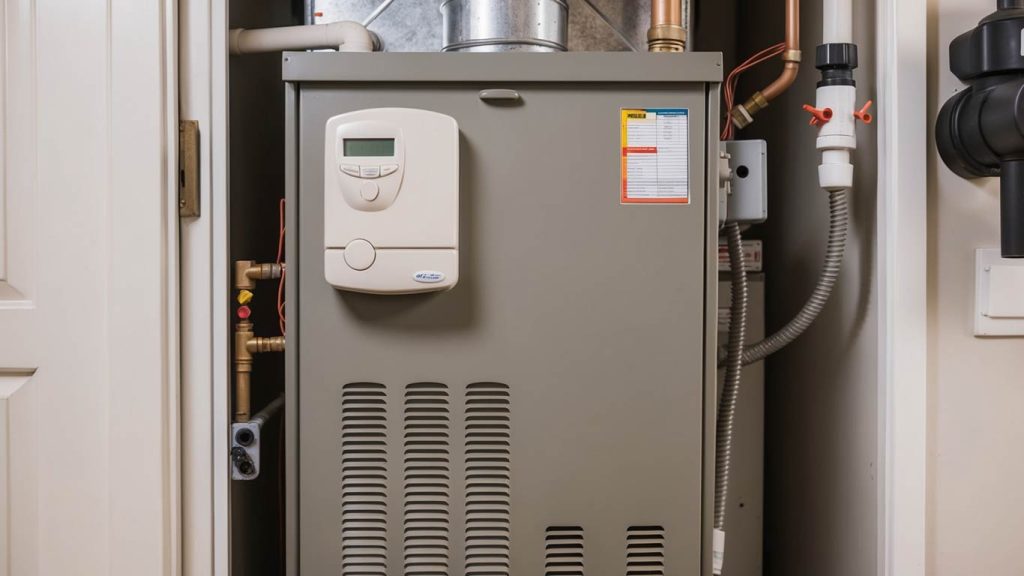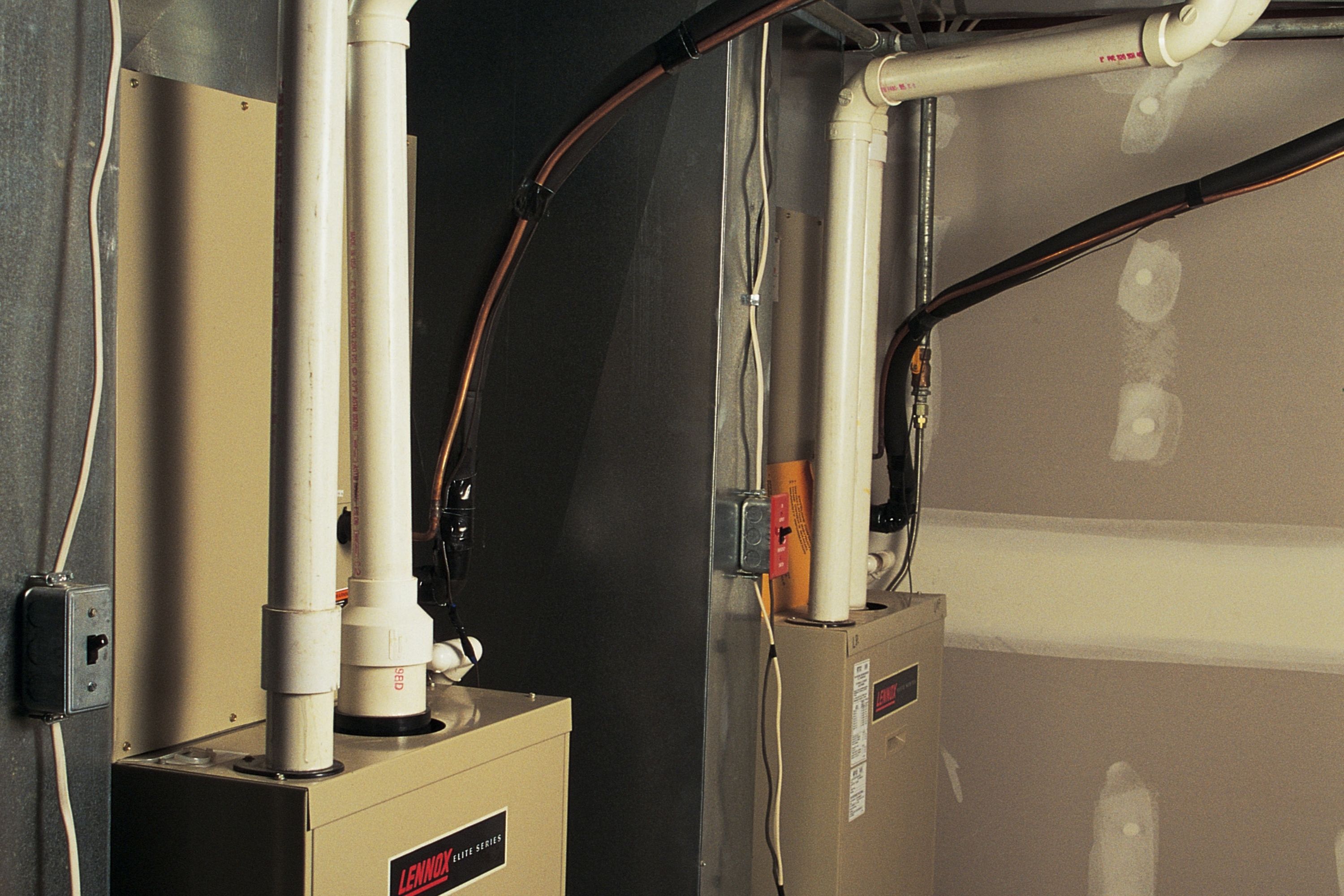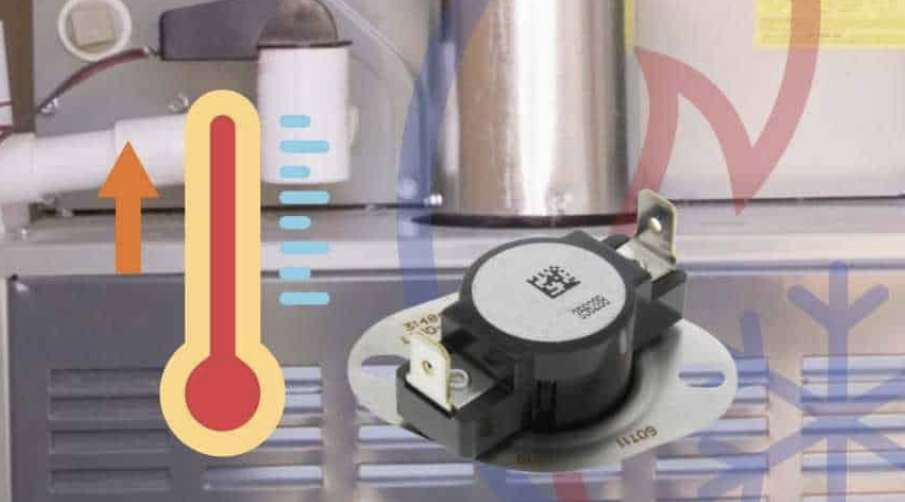Why Wont My Heater Kick On

The biting wind howled outside, rattling the windows like a desperate visitor begging to be let in. Inside, Sarah huddled deeper under her thickest blanket, the thermometer stubbornly refusing to budge from a chilly 62 degrees. The silence was deafening, broken only by the shivers that racked her body. Where was the comforting whoosh of the furnace, the promise of warmth chasing away the winter's chill?
A malfunctioning heater in the dead of winter can be more than just an inconvenience; it can be a serious safety concern and a source of immense stress. This article will delve into the most common reasons why your heater might be refusing to cooperate, providing practical troubleshooting steps and guidance on when it’s time to call in the professionals. We’ll aim to equip you with the knowledge to navigate this frosty predicament, ensuring your home becomes a haven of warmth once again.
The Silent Culprit: Common Reasons for Heater Failure
Many homeowners face the frustrating experience of a heater refusing to turn on. Before you panic and call for emergency repairs, let's examine some potential causes. Addressing these simple issues yourself could save you time and money.
The Thermostat Tango
The thermostat is the brain of your heating system. First and foremost, ensure the thermostat is actually set to "heat" and the temperature is set higher than the current room temperature. It sounds simple, but it's an oversight many make in their initial troubleshooting.
Also, check the batteries. A dead or dying battery can render a digital thermostat useless, preventing it from signaling the furnace to turn on.
Power Play: Electrical Issues
Like any appliance, your heater needs power to function. Check the circuit breaker that controls your heating system. A tripped breaker is a common cause of heater failure.
If the breaker is tripped, reset it. If it trips again immediately, there is a short circuit requiring professional attention.
Fueling the Fire: Gas Supply Problems
If you have a gas furnace, the problem could be with the gas supply. Ensure the gas valve to the furnace is open. A pilot light that has gone out can also prevent the furnace from igniting.
Many modern furnaces have electronic ignition systems, eliminating the need for a pilot light. If you suspect a gas supply issue, exercise extreme caution and contact your gas company immediately.
Airflow is Key: The Importance of Clean Filters
A dirty air filter can restrict airflow, causing the furnace to overheat and shut down as a safety precaution. According to the Environmental Protection Agency (EPA), changing your air filter regularly can also improve your home's air quality.
Replace your air filter every 1-3 months, or more frequently if you have pets or allergies.
Ventilation Vexations: Blocked Flues
Your furnace needs proper ventilation to expel exhaust gases safely. Blocked flues or vents can cause a build-up of carbon monoxide, a dangerous and potentially deadly gas. Never operate a furnace with a suspected flue blockage.
Signs of a blocked flue include a strong, unusual odor near the furnace or soot around the vent. Contact a qualified HVAC technician immediately if you suspect a blockage.
When to Call the Professionals
While some heater problems can be easily resolved with a little troubleshooting, others require the expertise of a trained professional. Attempting to fix complex issues yourself could be dangerous and potentially void your warranty.
If you've checked the thermostat, power supply, fuel supply, and air filter and your heater still refuses to turn on, it's time to call an HVAC technician. Any unusual noises, smells, or visible damage should also prompt a professional inspection.
Certain repairs involving gas lines or electrical components require specialized knowledge and tools. Don't risk your safety or the integrity of your heating system by attempting repairs beyond your skillset.
Preventive Measures for a Worry-Free Winter
The best way to avoid heater problems is to schedule regular maintenance. A yearly tune-up by a qualified HVAC technician can identify and address potential issues before they become major problems.
Regular maintenance includes cleaning the burners, checking the electrical connections, and inspecting the flue for obstructions. This proactive approach can extend the lifespan of your heating system and ensure its efficient operation.
Proper insulation can significantly reduce your heating bills and make your home more comfortable. Sealing drafts around windows and doors is a simple and effective way to improve energy efficiency. The U.S. Department of Energy provides resources and tips for improving home insulation.
Finding Comfort and Seeking Expert Solutions
A broken heater during winter can be a difficult experience, but understanding the potential causes and knowing when to seek help can make a world of difference. Remember to start with the simple checks, like the thermostat and power supply, before delving into more complex issues.
When in doubt, don't hesitate to call a qualified HVAC technician. Their expertise can quickly diagnose and resolve the problem, restoring warmth and peace of mind to your home.
While the wind howls outside, knowing the steps to take and the resources available can empower you to create a cozy and safe haven within your walls. May your home be filled with warmth, not just in temperature, but also in spirit.
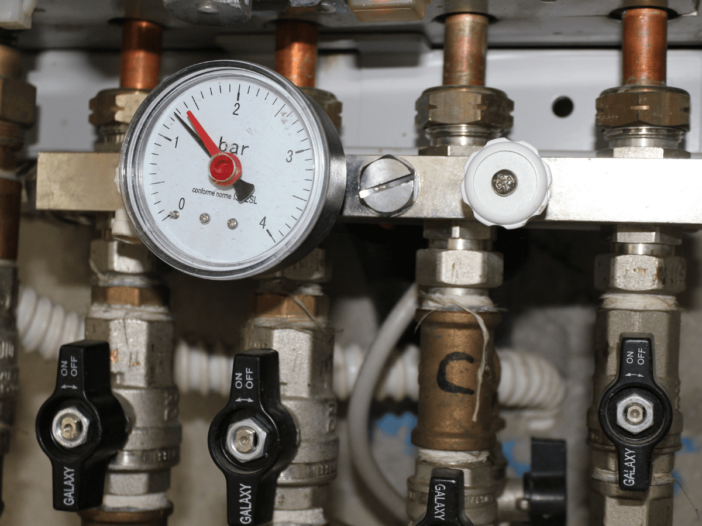


![Why Wont My Heater Kick On Why My Furnace Won’t Turn On? How to Fix? [With Pictures]](https://www.supertechhvac.com/wp-content/uploads/2021/12/725772-dirty-thermostat.jpg)

